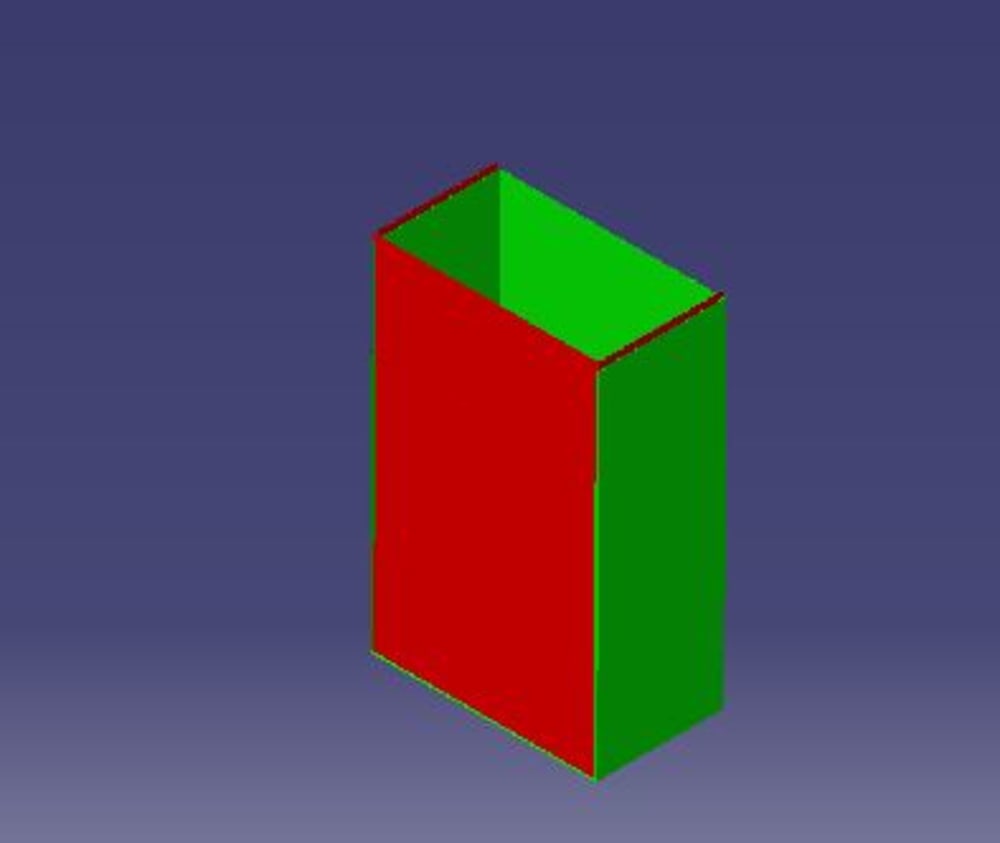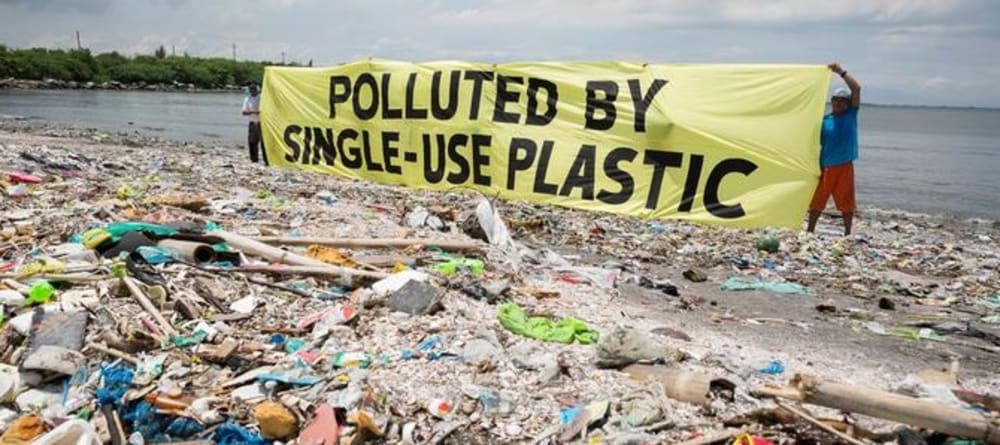Plastic shopping bags on land are one of the most common types of litter. Build ups of huge quantities of plastic bags are well known to block local drainage systems, especially in developing countries. For example, the floods in Bangladesh 20 years ago were partially attributed to blockages in drainage systems from plastic shopping bags. Plastic shopping bags also pose health risks to human populations over the years as they leach toxins into water supplies.
Plastic bags also are problematic to recycle. While the recyclable symbol of three arrows in a circle is on many plastic shopping bags in the US, it often is a marketing trick. There are no regulations about how that symbol is used, and every city and county in America has different regulations about what can be recycled. Many plastic bags that are collected by recycling companies cannot really be recycled. Most of these bags actually end up in landfills and sit there for hundreds of years.
There are several important ecological advantages of plastic grocery bags over paper shopping bags. Because they weigh so much less, they contribute far less solid waste to landfills when not recycled. According to the EPA, paper bag production requires 40 percent more energy than the production of plastic bags. In both aspects of the consumer and producers plastic bags have more advantage over the hard paper bags.
One of the major advantages is its small size to handle compared to other green grocery holding bags.
This device solves these problems. The device is a flexible, durable device that can replace grocery bags. The device is made with hard plastic that can be stretched and compressed up to standard grocery size 2 x 7 x 22 inches, which is the size that most supermarkets use. When the end user is not using it it can compress into a size that can fit in a pocket. Plus the bag can be adjusted to be in any size under 2 x 7 x 22 inches. The mechanism is very simple as seen in the figure above.
There is no question that reusable shopping bags are environmentally friendly and reduce the pollution of plastic bags first and foremost. When cities and towns pass plastic bag bans, they strongly encourage the use of reusable shopping bags. But it is only fair to note that cotton bags have an environmental impact, too. It is estimated that 2.5% of the cropland on Earth is planted with coton, but it is 25% of the market for insecticides and 11% for pesticides. Also, a pound of cotton needs 5000 gallons of water on average for its growth. This is a lot more than all vegetables and most types of meat. Cotton also is not easily recycled.
This device will have the advantages of both reusable shopping bags vs plastic bag and none of the disadvantages of reusable shopping bags vs plastic bag as it is durable, easy to store, recyclable and so on.
Fore more information https://www.herox.com/plastika-reparabilis/round/346/entry/21951
Like this entry?
-
About the Entrant
- Name:Anteneh Gashaw
- Type of entry:individual
- Patent status:pending








